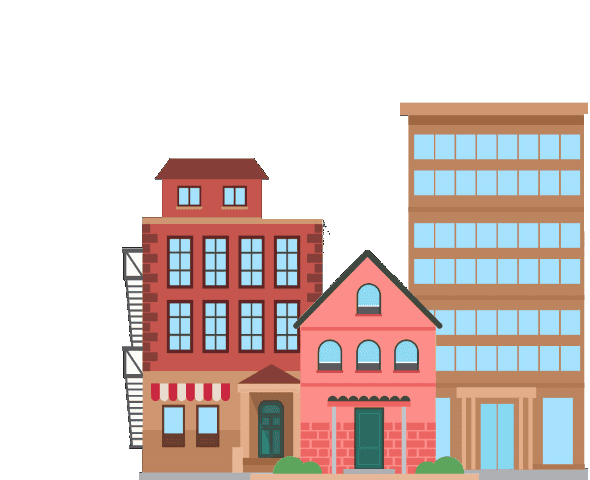For decades, the traditional path for first-time buyers was to save for years, then purchase their dream home. But with high home prices and tighter affordability across Canada, that path is becoming harder to follow. A growing number of buyers are rethinking their approach and starting with a different strategy — the starter investment property. Instead of buying their forever home right away, many Canadians are entering the market with a property that builds equity and creates income potential while they wait for the right time to upgrade.
What Is a Starter Investment Property?
A starter investment property is often smaller, more affordable, or located in a different area than a buyer’s long-term dream home. It’s chosen for its financial benefits rather than emotional attachment. Buyers use it as a stepping stone into the market, focusing on equity growth, rental income, and long-term appreciation.
Examples of starter investment strategies:
- House hacking: Buying a duplex, triplex, or secondary-suite home and living in one unit while renting out the other(s).
- Condo investing: Purchasing a condo in a growing city, renting it out, and continuing to live with family or roommates.
- Out-of-town investing: Buying in a more affordable city or town where prices are lower and either commuting occasionally or renting the property while living elsewhere.
Why This Strategy Works
Starter investment properties allow buyers to enter the market sooner instead of waiting years to save for a forever home. By doing so, they:
- Build equity earlier – Paying down the mortgage starts right away.
- Benefit from appreciation – Property values in many Canadian markets tend to rise over time.
- Create income potential – Rental income can help cover mortgage payments and other expenses.
- Gain experience – Managing a property teaches valuable lessons about homeownership and finances.
Even if you don’t love your first property, it serves as a financial launchpad. Down the road, the equity and experience you build can help you upgrade to the home you really want.
How to Get Started With a Starter Investment Property
If you’re considering this approach, a few steps are key to success:
- Get pre-approved – This gives you a clear investment budget and helps you act quickly when you find a property.
- Work with a real estate agent who understands investment properties – Look for someone experienced with rental markets and income potential.
- Use a mortgage broker who knows rental-focused products – Some lenders allow rental income to count toward qualifying, which can expand your buying power.
- Factor in landlord responsibilities – Being a landlord means managing tenants, repairs, and cash flow. Be sure you’re prepared for the role.
At Homewise, we help first-time buyers explore this strategy by matching them with lenders that support rental income and offering features like prepayment flexibility and mortgage portability. These details can make a big difference in your long-term success.
Final Thoughts
Your first property doesn’t need to be your forever home. For many Canadians, buying a starter investment property is the smartest way to break into the market. It builds equity, generates income, and creates financial flexibility for the future. By thinking like an investor today, you open the door to your dream home tomorrow.
FAQs
1. Do I need a bigger down payment for an investment property?
Yes, often. For a rental property you don’t live in, lenders usually require at least 20% down. However, if you live in part of the property (like a duplex), you may qualify with as little as 5% down.
2. Can rental income help me qualify for a mortgage?
Yes. Many lenders allow a portion of rental income to count toward your mortgage qualification, which can increase your borrowing power.
3. Are starter investment properties risky?
Like any investment, there are risks. Tenants, repairs, and market fluctuations can affect cash flow. But with the right plan and guidance, the benefits often outweigh the risks.
4. Can I eventually turn a starter investment property into my primary residence?
Absolutely. Many buyers live in their investment property later or sell it to fund the purchase of a larger home.







